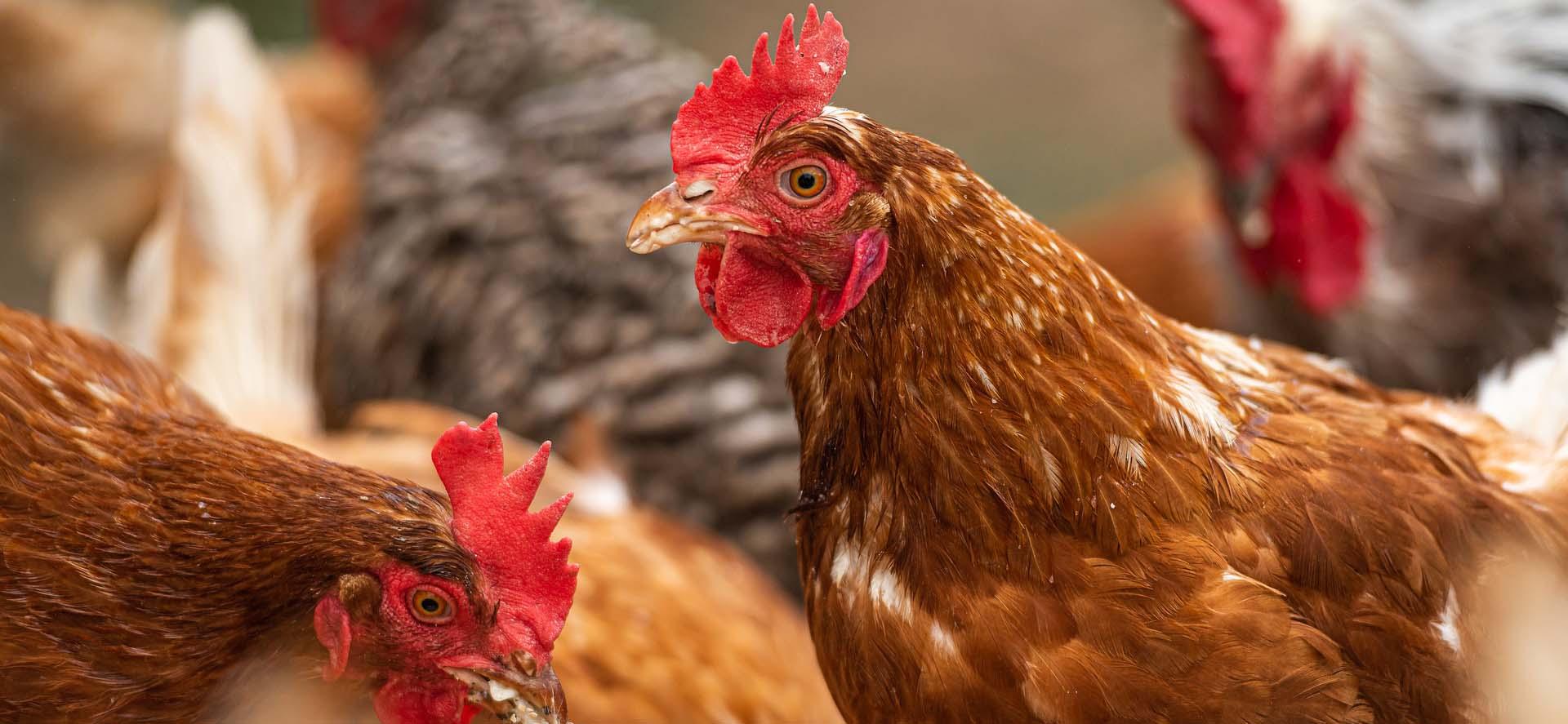A study has shown how pasteurisation temperatures, if applied for industry standard times, effectively inactivate H5N1 flu viruses in cows’ milk and render it safe to consume.
The research, a collaboration between the MRC-University of Glasgow Centre for Virus Research, the University of Edinburgh’s Roslin Institute, The Pirbright Institute and the UK Animal & Plant Health Agency, is released as a pre-print on medRxiv and comes in response to an outbreak of H5N1 influenza – a highly pathogenic strain of avian influenza virus or ‘bird flu’ – in American dairy cows.
The outbreak led to high concentrations of potentially dangerous virus being shed into milk in some parts of the USA, raising concerns about human infections from contaminated milk, including the risk that the virus could adapt to humans and cause a new pandemic.
The study confirms pasteurisation of milk can effectively kill influenza viruses. However, the analysis also found that without pasteurisation, milk can carry infectious influenza viruses, including H5N1 influenza virus. While H5N1 infections of humans are rare, when human infections occur they can be extremely serious. Because of this, the study authors caution against the consumption of ‘raw’ cows’ milk in affected areas.

“This reactive UK work to an emerging threat underlines the strength of the UK science community,” said Professor Brown.
“Whilst infection with high pathogenicity avian influenza virus in dairy cattle is confined to the USA it is important we support global efforts to better understand the disease, the risks it presents to the public and its control. This study on pasteurisation provides important information that underpins disease preparedness and response beyond the USA. should it be required.”
In their study, researchers mixed a panel of influenza viruses with milk (both unpasteurised ‘raw’ milk and commercially available whole milk) and heated them to pasteurising temperatures of 63°C or 72°C. To gain a general understanding of the response of influenza viruses to heating, they tested a panel of different viruses, including human and avian influenza A viruses (the group of viruses that H5N1 belongs to) as well as an influenza D virus (a different influenza virus that naturally infects cattle).
Ed Hutchinson, Senior Lecturer at the MRC-University of Glasgow Centre for Virus Research, and the corresponding author of the study, said: “We urgently needed to answer the question of whether pasteurisation made milk safe. We have now shown that the temperatures used in pasteurisation should rapidly inactivate all influenza viruses. However, we also found that ‘raw’ (unpasteurised) milk can carry infectious influenza viruses.
“Raw milk is already known to carry a variety of pathogens, and we would particularly caution people against drinking it in areas where cattle might be infected with H5N1 influenza. Human infections with H5N1 influenza viruses can be very dangerous, and they also give the virus more opportunities to adapt to growing in humans with the chance of becoming able to transmit to humans. Pasteurisation of milk in affected areas is a good way to minimise these risks.”
Dr Jenna Schafers, a PhD student at the University of Edinburgh Roslin Institute and a joint lead author of the study, said: “This team effort from a consortium of researchers across the UK has shown that pasteurisation temperatures rapidly inactivate H5N1 influenza viruses, which is reassuring. Our ability to respond quickly to this urgent question highlights the importance of collaboration across organisations to rapidly respond to novel issues, which is of particular importance in the post-pandemic era.”
The study, ‘Pasteurisation temperatures effectively inactivate influenza viruses in milk,’ is a pre-print published on medRxiv and has not yet been through peer review.
The study was funded by MRC, the Biotechnology and Biological Sciences Research Council (BBSRC); the Department for Environment, Food and Rural Affairs (Defra, UK); Wellcome; and the devolved Scottish and Welsh governments.
